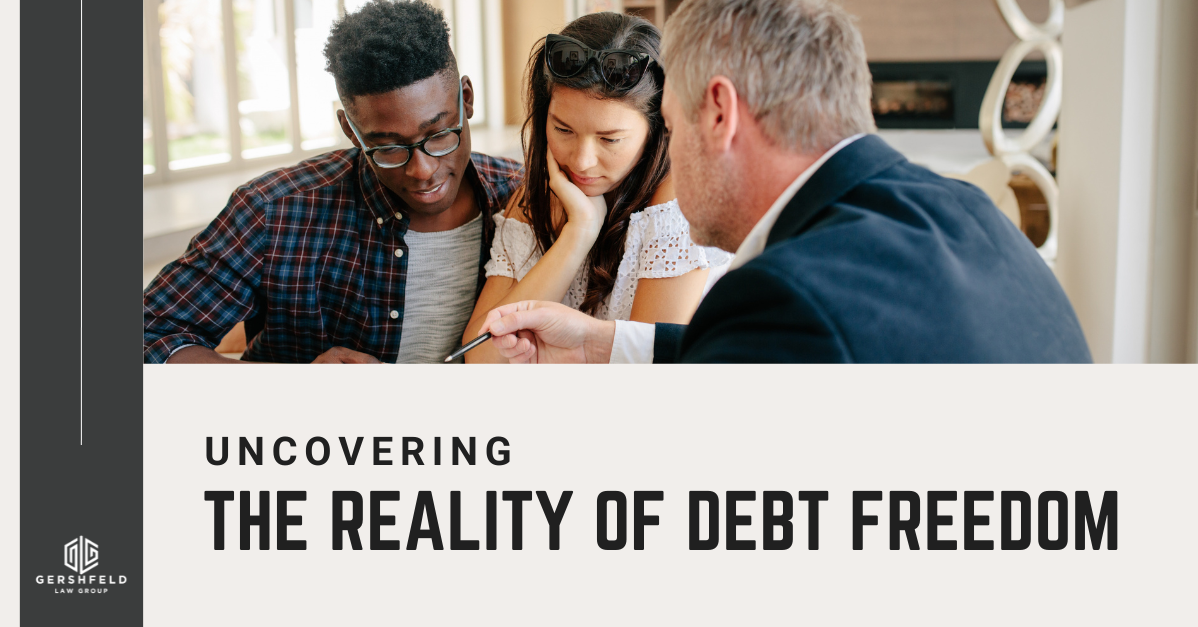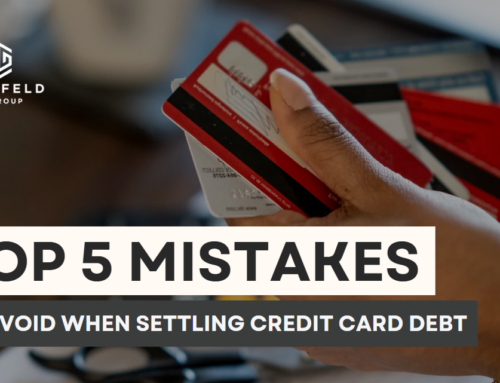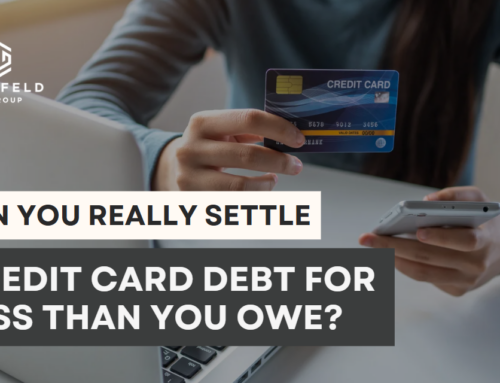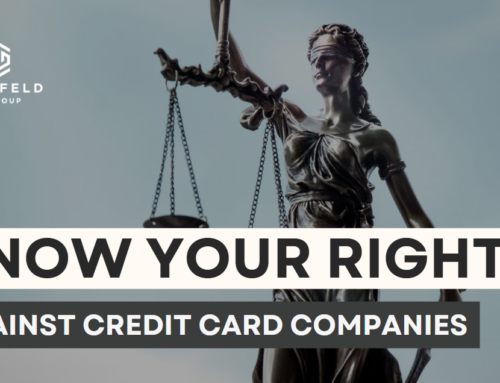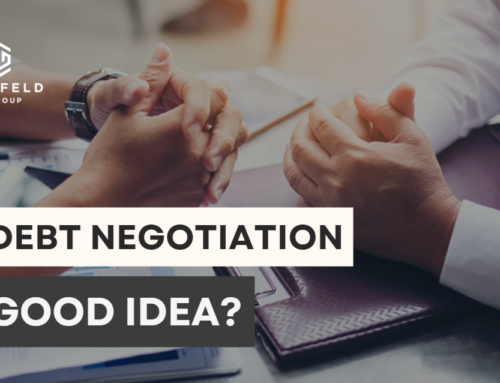Are you tired of being in debt? Ready to get your finances under control? Many people think that becoming debt-free is impossible, but the truth is that it can be done – and it doesn’t have to be as hard as you might think. In this blog post, we’re going to explore what debt freedom means, and how you can achieve it. Keep reading to learn more!
Defining debt freedom – what does it mean to be debt free, and why is it important in today’s world?
Debt freedom is an often sought-after goal and a major life milestone. Being debt free means having no outstanding bills, loans, or other financial obligations that need to be paid off. Paying off all of one’s debts is both emotionally and financially freeing. Getting rid of debt can help people have greater control over their financial lives and improve their financial security. Debt can be very restricting in terms of being able to make purchases or save up for big life goals without worrying about accumulating payment arrears. Moreover, having debt can also take a toll on mental and physical health by way of heightened stress levels, which can significantly impact overall well-being over time. In the modern world, debt freedom has become even more important due to rising costs of living and the prevalence of student loan debts among young people trying to get ahead in life. Being debt free should thus be a genuine goal that all strive towards!
The different types of debt – from student loans to credit card debt, many different kinds of debt can hold us back
When it comes to dealing with debt, many different categories of debt can affect us in different ways. From the large sums of student debt to the continuous high-interest payments on credit cards, debt can limit our financial stability and freedom. Some forms of debt might provide a temporary solution, such as using a credit card for emergencies or taking out a loan for a car, but all this money eventually needs to be paid back and could create more issues than it solves without careful consideration. When it comes down to the basics, the most important thing we can do is make sure that our debt doesn’t spiral out of control.
Options for becoming debt free
Getting out of debt is not an easy feat, but it’s doable. There are tons of options out there for paying off your debts and becoming financially free – from creating a budget and sticking to it, to tackling the highest-interest debts first, to looking into debt settlement programs. Depending on your financial situation, some of these methods might work better than others. To figure out what’s best for you, it’s a good idea to weigh all of your options carefully – break them down into pros and cons until you’ve made the decision that will help get you out of debt and keep you on track in the long run.
Under 5K Debt – Budget and be free
If you’ve got less than $5K in debt and are feeling overwhelmed, it’s time to take control. You can start by creating a budget that will help you manage your money and eliminate those debts. Think of a budget as the wall between having money or not; it keeps bad choices from popping up and helps you prioritize your payments so that you don’t put yourself into a cycle of never-ending debt. Be intentional with how much money you spend each month and create parameters that keep you on track—it won’t take long to feel free in financial security once again.
Under 10K Debt – Pay off debts with the highest interest
If you’re looking to break free from your debt, the first step is to identify which debts have the highest interest rates. Once you know where the biggest costs are, you can then focus on eliminating those first. This approach to paying off debt under 10K is great because it fundamentally saves you money over time; by tackling the most financially demanding debts first, there’s no need to pay as much interest down the line as you would if they stayed put. Besides, what better way to feel financial relief faster than when those large debts are out of sight and out of mind?
10K of Debt or Over – Debt Settlement
Feeling overwhelmed by your 10K+ of debt? You’re not alone. With debt levels at the highest they’ve ever been, it’s clear that falling into debt is something many people struggle with. When it comes to tackling your debt, there are many options to choose from. One of them is a debt settlement program, which offers an alternative way to both reduce and manage your debts. With a carefully crafted repayment plan, you’ll be able to pay back your debts over time without additional interest or penalties. Plus, unlike other forms of debt relief, debt settlement can work for many different types of borrowers – even those who have credit histories that are less than ideal. So don’t put off dealing with your financial struggles – look into how a debt settlement program could help you get back on track today!


